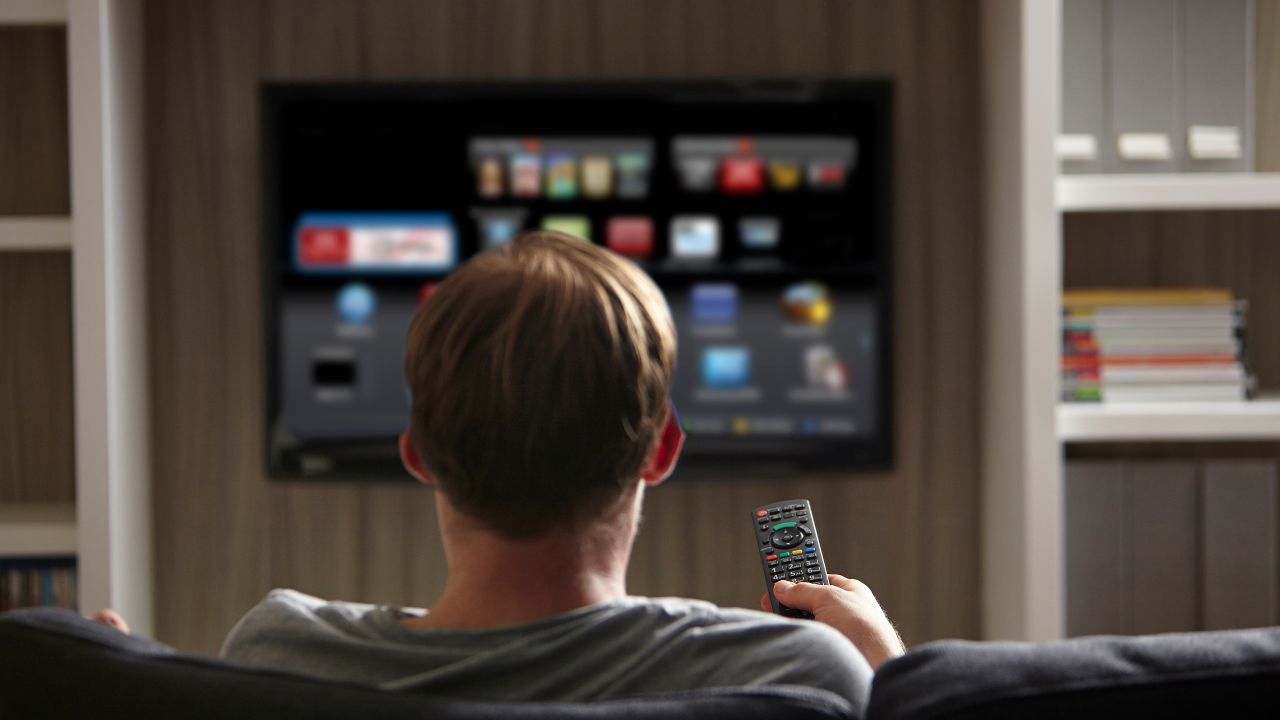Sleep studies are necessary for diagnosing and treating sleep disorders such as sleep apnea, insomnia, and restless leg syndrome.
Traditionally, sleep studies have been conducted in a sleep lab or hospital setting, but technological advances now allow for at-home sleep studies. These studies enable individuals to complete sleep studies in their homes using portable monitoring equipment.
At-home sleep studies offer convenience and a more realistic representation of an individual’s typical sleep environment. This article will explore the benefits and limitations of at-home sleep studies and provide tips for a successful study.
If you are having sleep issues and living in LA, My Concierge MD can be the best option to resolve those. Dr. David Nazarian offers in-clinic and at-home sleep study services for your convenience.
What Is Polysomnography (Sleep Study)?
Polysomnography, also known as a sleep study, is a test that is used to evaluate sleep patterns and diagnose sleep disorders. It involves monitoring various physiological parameters while an individual sleeps, including brain activity, eye movements, muscle activity, heart rate, and breathing.
How Long Does A Sleep Study Take?
Polysomnography is typically conducted overnight in a sleep laboratory or at home using portable monitoring equipment. The collected data is used to identify any abnormalities or disruptions in sleep patterns, such as episodes of apnea (temporary cessation of breathing) or periods of wakefulness.
Polysomnography is often used to diagnose sleep disorders such as sleep apnea, insomnia, and restless leg syndrome. You can also use it to assess the effectiveness of treatment for sleep disorders.
Call +1-877-760-3558 Or Click Here to Send Us Email

Is Pediatric Sleep Study Different From An Adult Sleep Study?
Pediatric sleep studies are similar to adult sleep studies in that they both involve monitoring an individual’s sleep to diagnose and treat sleep disorders. However, there are some differences between pediatric and adult sleep studies:
Age-specific equipment
Pediatric sleep studies often involve using specialized equipment designed for children. This may include smaller sensors and monitors better suited to a child’s size and shape.
Different sleep patterns
Children’s sleep patterns are different from those of adults. They may have longer sleep periods and need to sleep in different positions. These differences must be considered when conducting a pediatric sleep study.
Different causes of sleep disorders
Sleep disorders in children can have different causes than those in adults. For example, sleep apnea in children is often caused by enlarged tonsils or adenoids, while in adults, it is often related to obesity.
Different treatment options
The treatment options for sleep disorders in children may also differ from those for adults. For example, treatment for sleep apnea in children may involve surgically removing the tonsils and adenoids. In contrast, treatment for sleep apnea in adults may involve using a continuous positive airway pressure (CPAP) machine.
Overall, pediatric sleep studies are tailored to the specific needs of children and may involve different equipment, protocols, and treatment options than adult sleep studies.
Can Someone Stay With You During A Sleep Study?
It is generally not recommended for someone to stay with you during a sleep study, whether in a sleep lab or at home. This is because the presence of another person can affect the quality of the sleep data collected.
For example, their movements or sounds may disrupt your sleep or interfere with the monitoring equipment.
However, there may be some exceptions to this rule. For example, if the patient is a child or has a disability, a caregiver must be present. In that case, the sleep study facility may make accommodations to allow a caregiver to stay with you during the study.
Before the study, discussing any specific needs or concerns with the sleep study facility is important.
What If I Can’t Sleep During A Sleep Study?
Feeling anxious or nervous about participating in a sleep study is normal, which can sometimes make it difficult to fall asleep. However, it is important to try to relax and get as much sleep as possible during the study so that the data collected accurately reflects your typical sleep patterns.
If you are having trouble falling asleep, you can try a few things:
- Follow your normal bedtime routine: Stick to your usual routine as much as possible, including brushing, winding down, and setting a comfortable room temperature.
- Use relaxation techniques: Try relaxation techniques such as deep breathing, progressive muscle relaxation, or guided meditation to help you relax and fall asleep.
- Avoid caffeine and alcohol: Caffeine and alcohol can interfere with sleep, so avoiding them during a sleep study is best.
- Get comfortable: Make sure you are comfortable by adjusting the room’s temperature, lighting, and noise level. Consider bringing a comfort item such as a blanket or pillow from home.
If you have difficulty falling asleep during the study, let the technologist know. They can offer additional relaxation techniques or adjust the monitoring equipment to help you get more comfortable.
Can You Watch TV During A Sleep Study?
It is generally not recommended to watch TV during a sleep study. This is because the light and noise from the TV can disrupt sleep and interfere with the monitoring equipment. It is important to create a calm and quiet sleep environment to get an accurate measurement of your sleep patterns.
Suppose you are participating in a sleep study at a sleep laboratory. In that case, the technologist may provide you with recommended activities to do before bed, such as reading or listening to soothing music, to help you relax and fall asleep.
If you are participating in an at-home sleep study using portable monitoring equipment, you may have more flexibility regarding what you do before bed. However, avoiding activities disrupting your sleep or interfering with the monitoring equipment is still important.
Suppose you have specific concerns or questions about activities allowed during the sleep study. In that case, discussing them with the sleep study facility or your healthcare provider is best.
How Much Does A Sleep Study Cost?
One source claims that the national average cost of a sleep study is $3,075. This is for an operation at a medical facility or sleep lab. New Choice Health also tracks sleep study data. According to their data, the range is between $1,250 and $6,700, and the national average is $2,925.
The following elements affect how much a sleep study will cost:
- Prevailing rates for sleep doctors in the neighborhood
- Modernization of sleep study equipment and systems
- Time of day The length of the sleep research, which might be one or two nights
- Types of tests that were run
Is At Home Sleep Study Covered By Insurance?
It varies. Medically required services, such as doctor visits, medical supplies, and preventative services, are covered by Medicare Part B. Studies on sleep are also covered. A doctor must provide a prescription for the medication for indications of sleep apnea.
Following Medicare Part B, the following sleep studies are covered:
| Test | Implementation |
| Type I | Polysomnography performed at a sleep lab facility with a healthcare professional. |
| Type II or Type III | Polysomnography performed at a sleep lab facility; a healthcare professional may or may not attend. |
| Type IV | You will use a testing device that measures three or more channels. Examples include airflow, actigraphy, and oximetry. This can be in or out of a lab facility. A healthcare professional must attend the lab facility. |
You will also have to pay a deductible for Medicare Part B, which is 2022 will be $233. After that, Medicare will pay for the expenses.
However, there is still coinsurance, which means you and your health insurer will split the costs. Typically, Medicare will cover 80% of the cost of the sleep study, leaving you to pay the remaining 20%.
The Medicaid programs in several states, including Massachusetts and California, include sleep testing. Check out your state’s Medicaid program for more information.
Final Words
At-home sleep studies offer a convenient and comfortable alternative to traditional sleep studies conducted in a sleep laboratory. They allow individuals to complete sleep studies in their homes using portable monitoring equipment.
At My Concierge MD clinic, we offer at-home sleep studies under the supervision of Dr. David Nazarian, a board-certified sleep medicine specialist. Our team is dedicated to providing high-quality sleep study services and helping individuals get the rest they need to lead healthy, productive lives.
If you are experiencing symptoms of a sleep disorder or simply want to improve your sleep, we encourage you to consider an at-home sleep study with My Concierge MD clinic.


